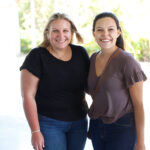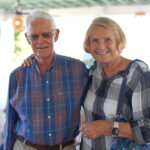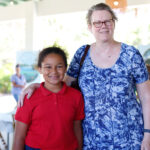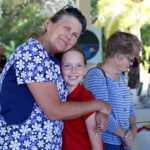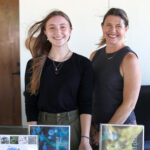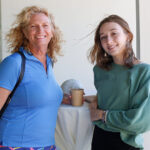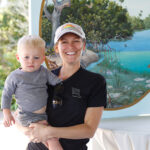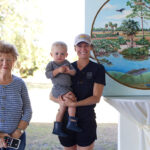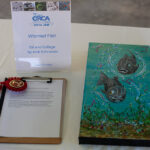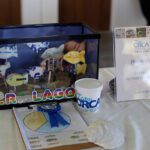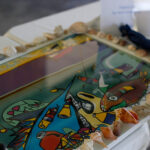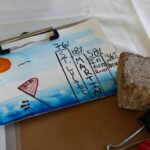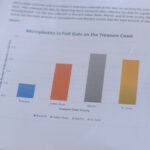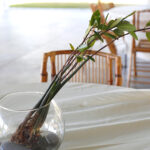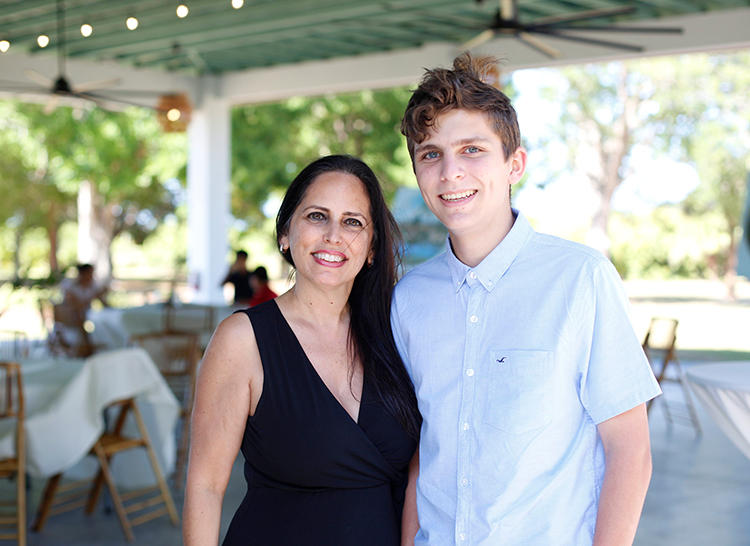
The worlds of art and science creatively collided during an inaugural Team ORCA Data Jam at Tree House Vero Beach hosted by the Ocean Research and Conservation Association. The celebration was the culmination of a hybrid art-science challenge issued to age groups ranging from upper elementary school students to adults.
Contestants were invited to analyze scientific datasets collected by ORCA Citizen Scientists relevant to projects specific to the Indian River Lagoon ecosystem, including pollution mapping, environmental health assessments, fish and shoreline monitoring.
The participants were then tasked with disseminating the data in a creative fashion.
The final products included paintings, sculpture, digital art, drawings, animation, video, and even an original song.
Missy Weiss, ORCA director of Citizen Science and education, explained that the students had first graphed and analyzed the data, before presenting their findings visually, “to express and illustrate what the science is telling us.”
“I’m just blown away, literally and figuratively, by these amazing artworks that we have here today,” said Edith (Edie) Widder, Ph.D., ORCA founder, CEO and senior scientist, of the displayed artwork.
“I’ve worked with artists over the years to try to bring science and art together as a way to communicate important information. And right now, what these kids are doing is helping us communicate some of the important things that we are figuring out at ORCA about what we all need to be doing in order to make it a more livable situation,” said Widder.
Their goal is to determine what is negatively affecting the lagoon and how to stop it, explained Widder, adding that the Data Jam was meant to communicate ORCA’s findings “in a way that doesn’t intimidate people. It’s got to make them want to learn more about it.”
“I like art and science,” said Alex Choi, whose animated video about microplastics won the Elementary School division. “I hope my animation helps people understand the data better.”
“We did a painting that shows how fish are affected by garbage,” said Sophia Galbraith, whose piece with Laylynn Comes and Alexander VanDalen came in second in that division.
And after performing the song she and her teammates wrote, Victoria Lahey said that she is more confident than ever that she wants to study marine biology.
Considered to be the nation’s first technology-based marine conservation organization, ORCA works to protect and restore aquatic ecosystems and their inhabitants through the development of innovative technologies, science-based conservation action, and community education and outreach.
For more information, visit TeamORCA.org.
Photos by Kaila Jones

